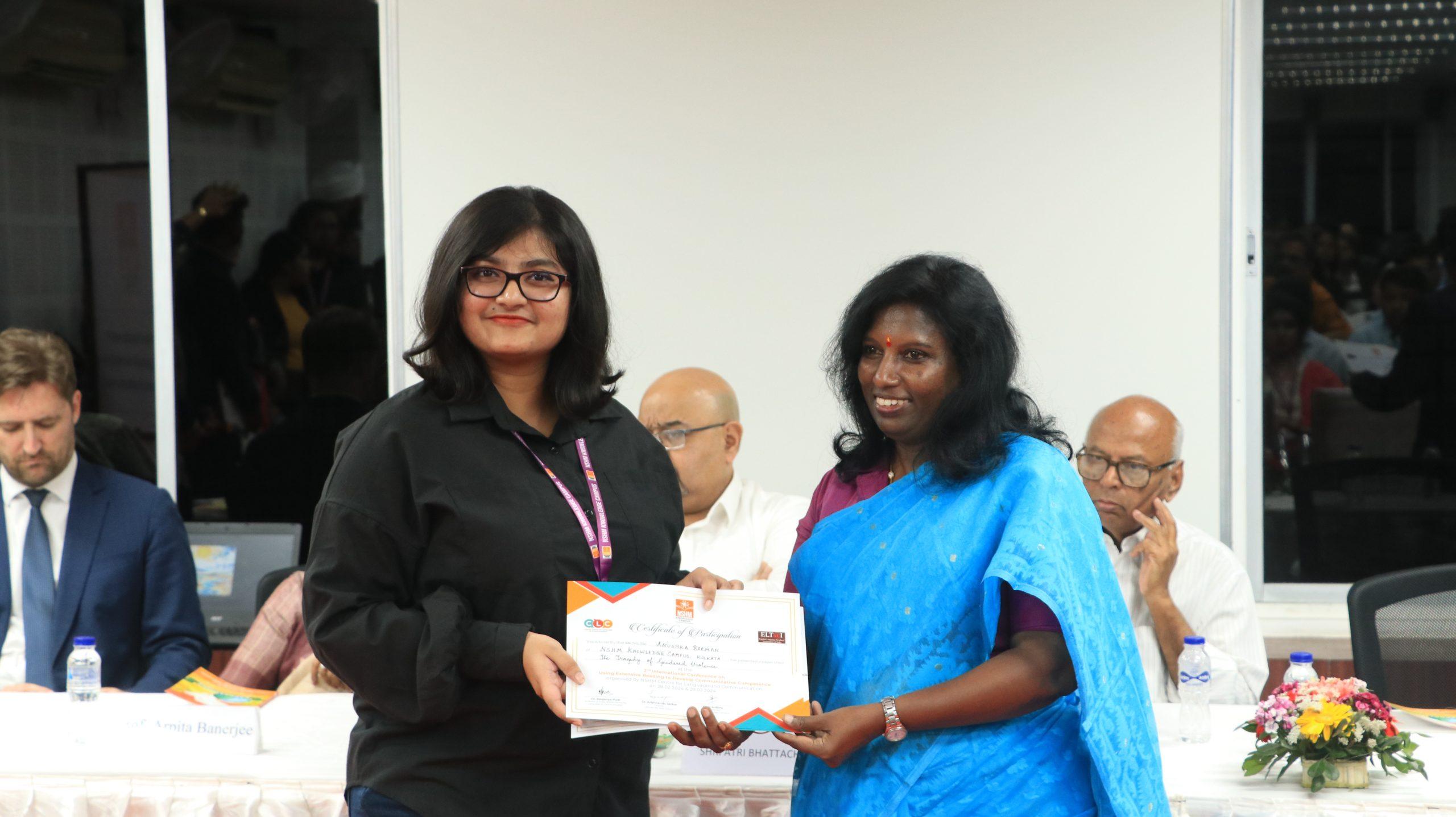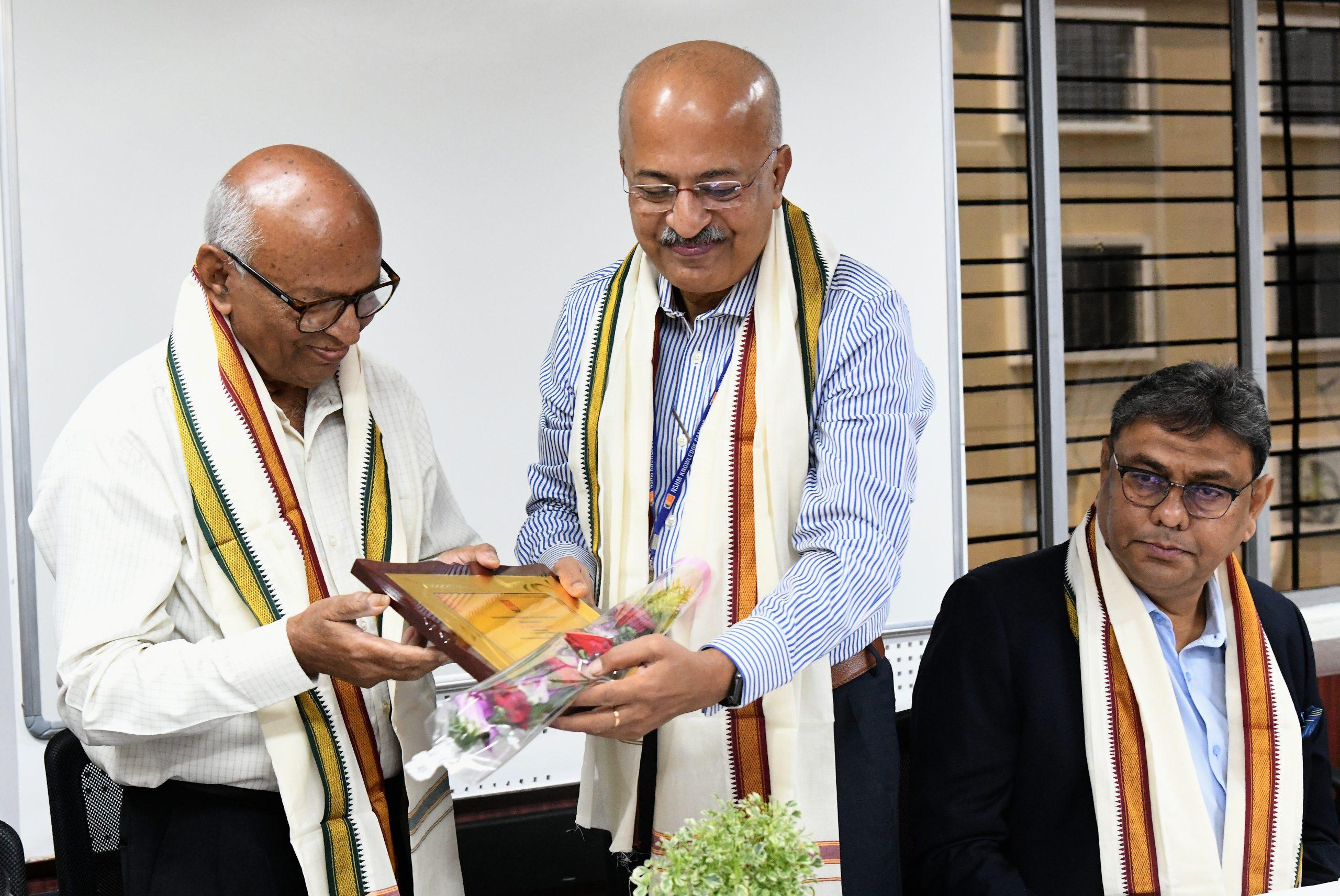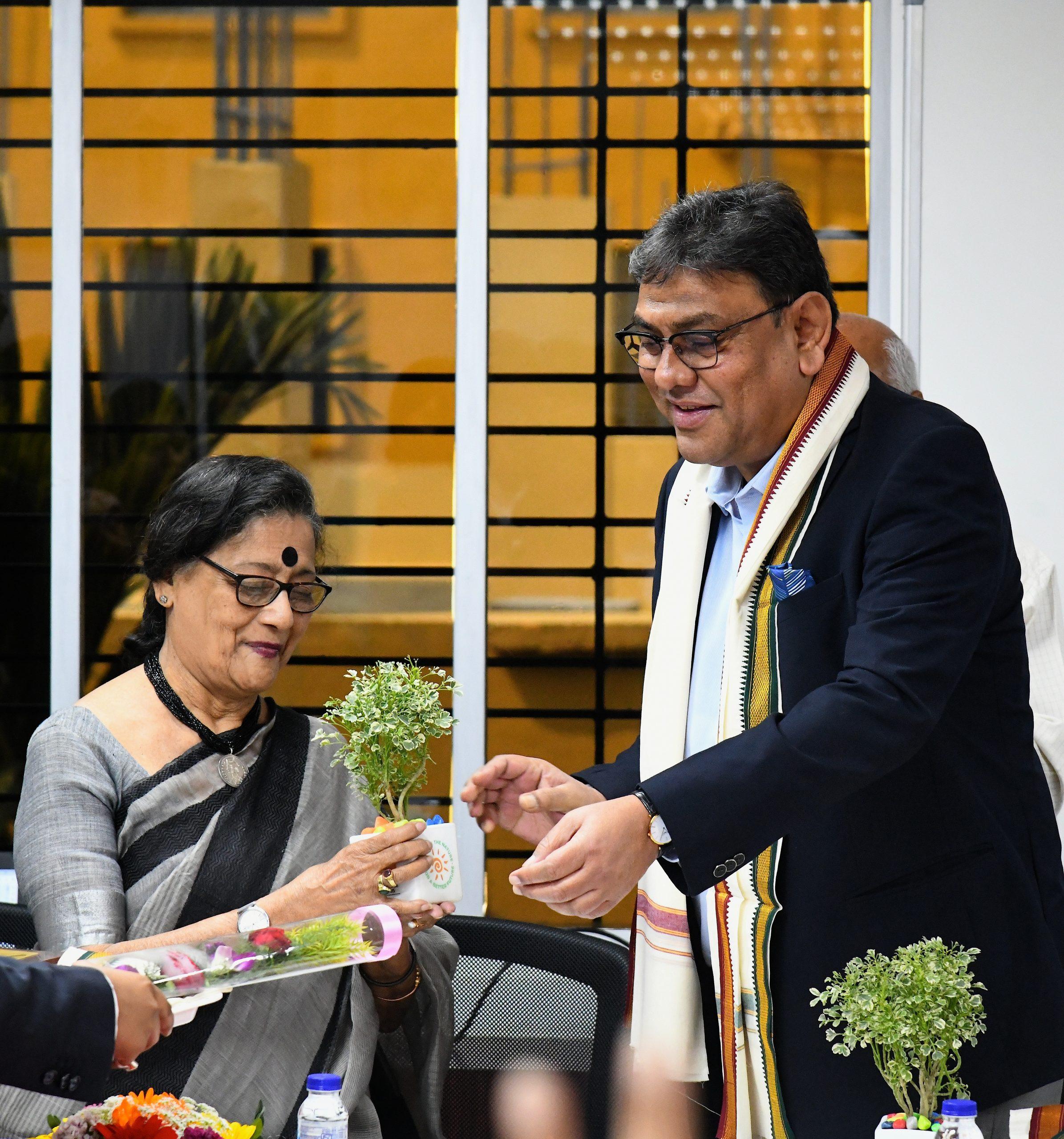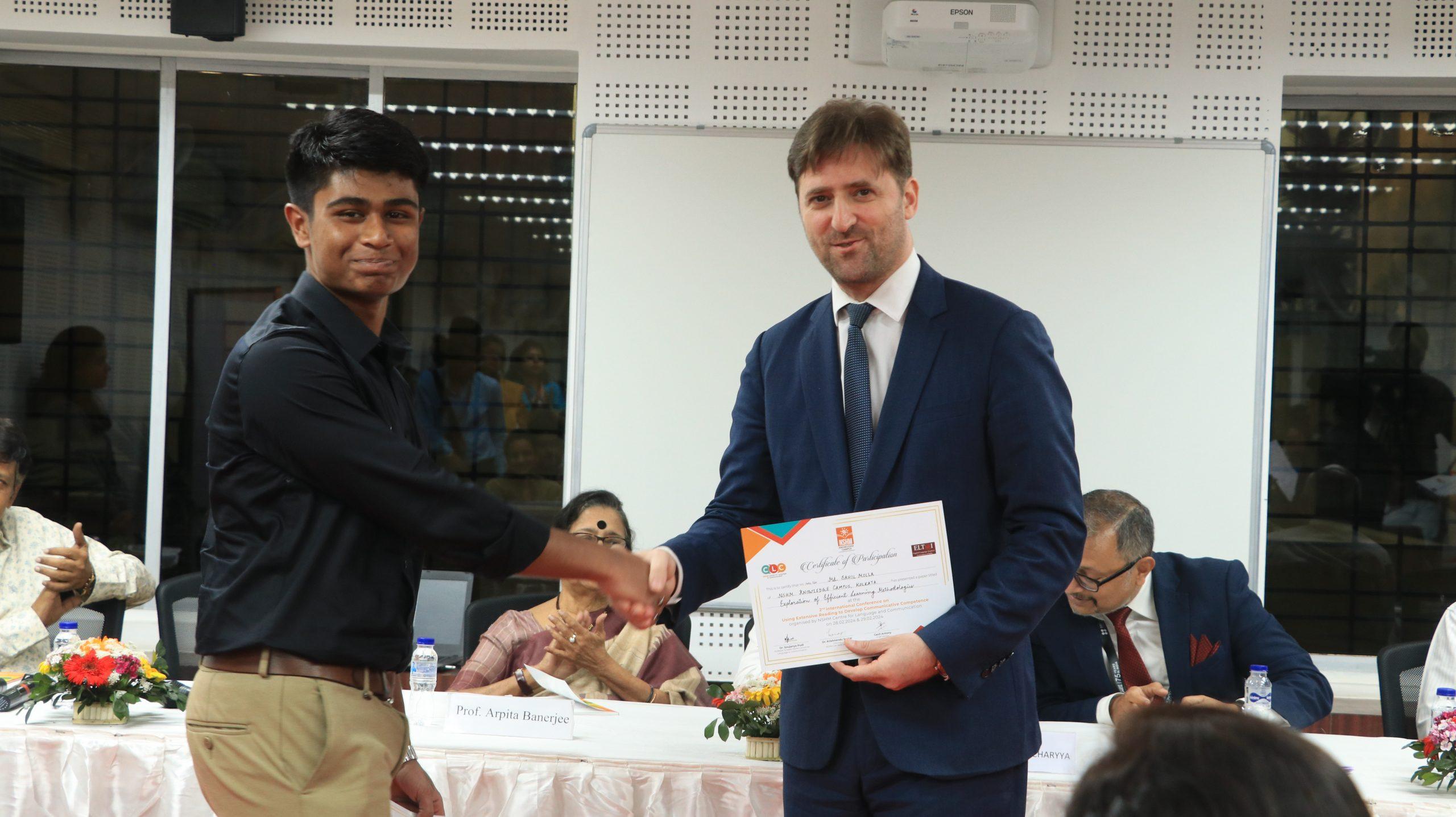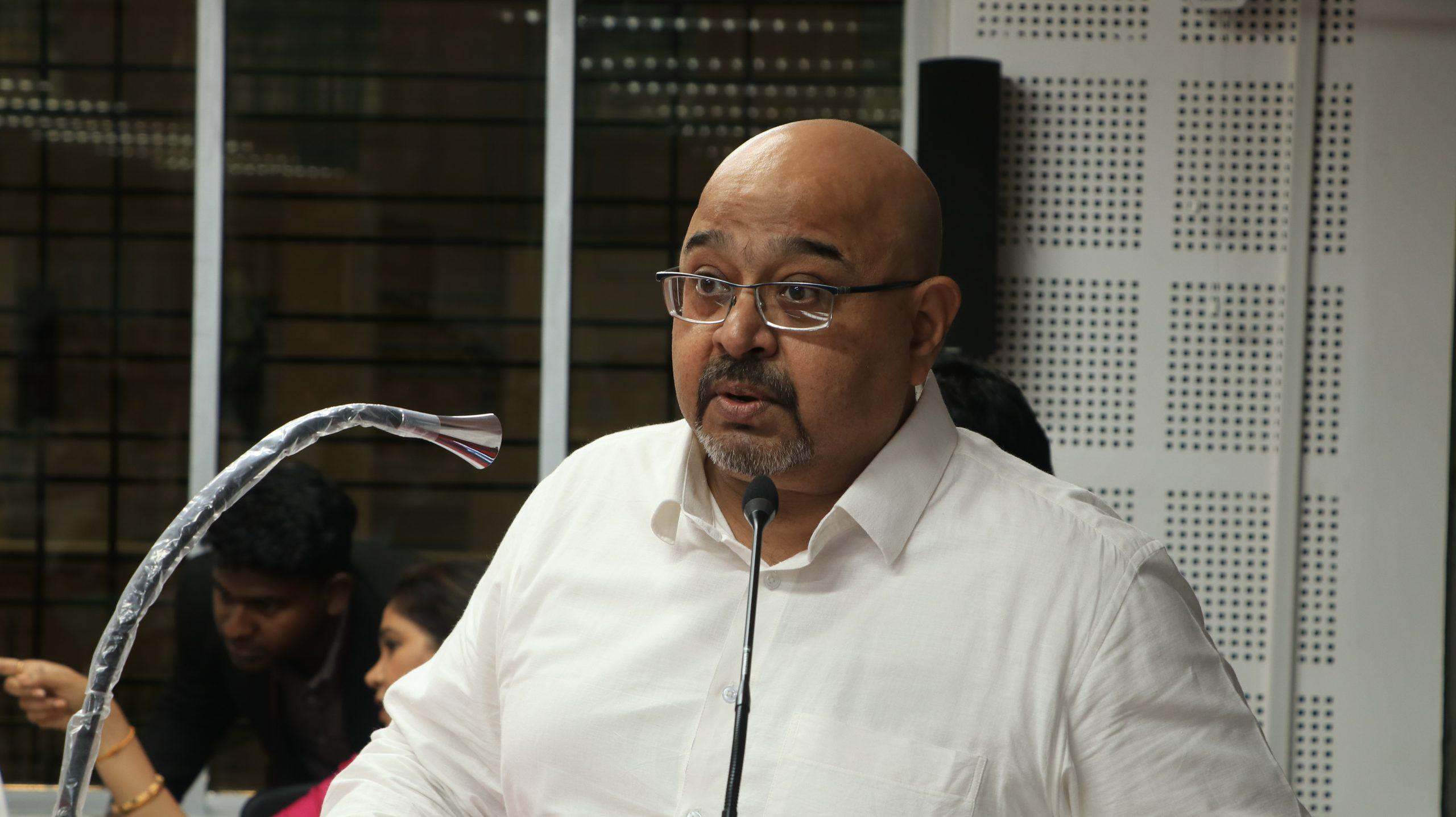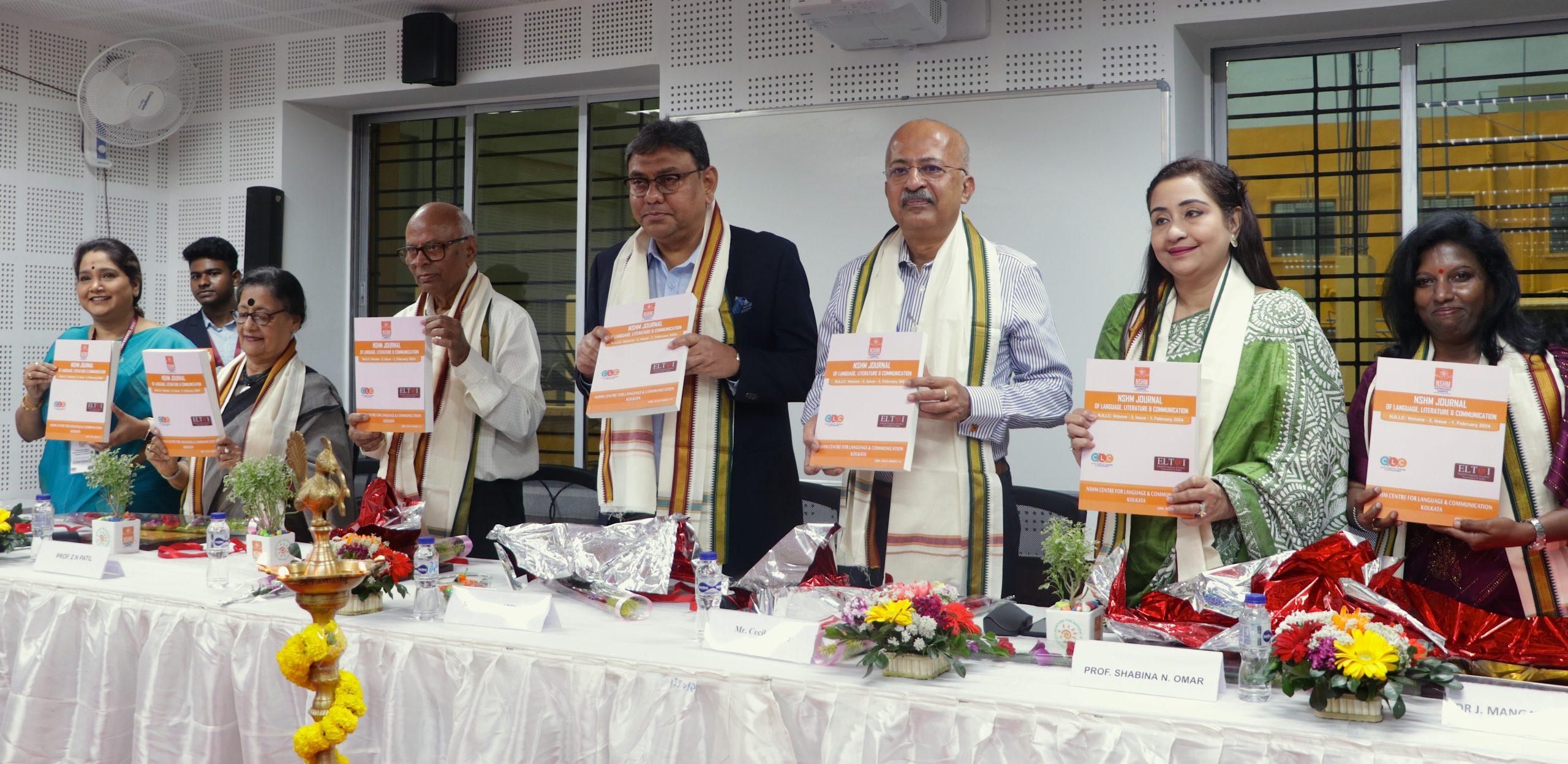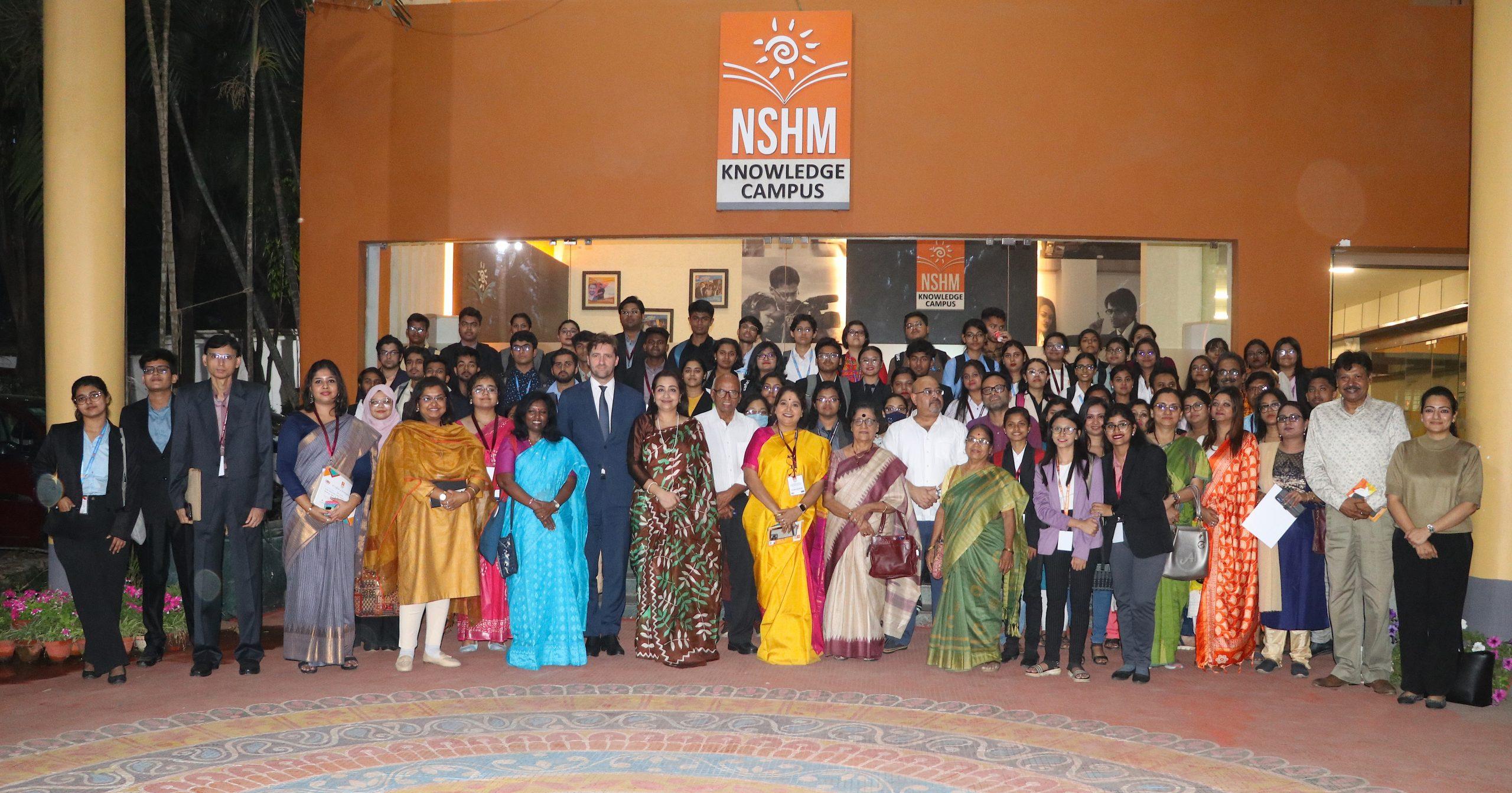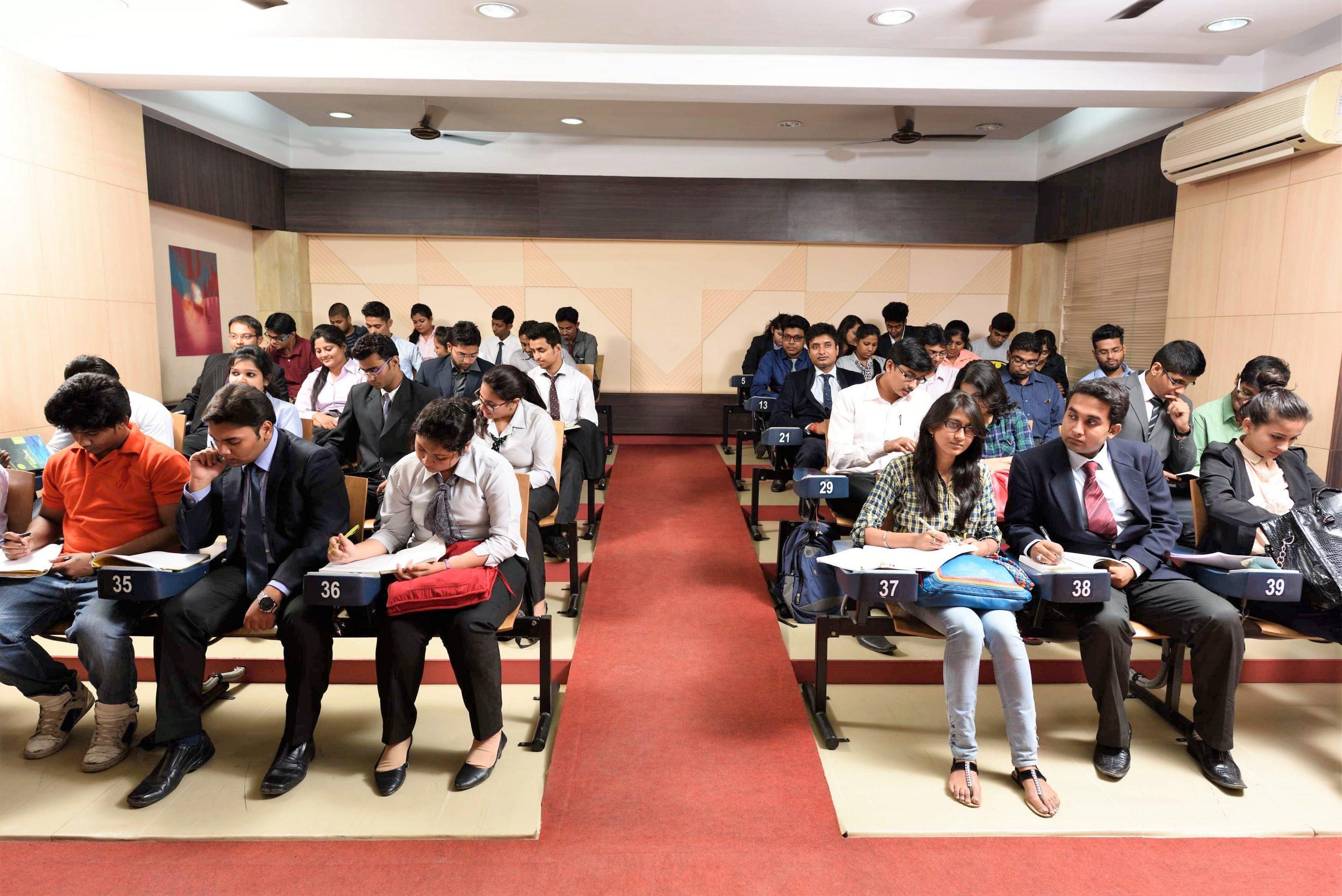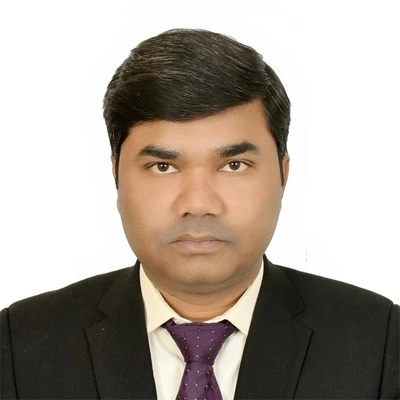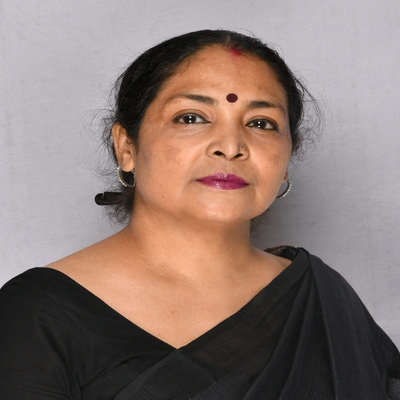CLC International Conference
NSHM, Centre for Language and Communication, would like to organise a two-day International conference on the topic of Using Extensive Reading to Develop Communicatively Competence, on 28.02 2024 & 29.02 2024.
In today’s fast-paced and technology-driven world, we are constantly bombarded with information from various sources . Amidst this information overload, it is easy to overlook the
importance of extensive reading. However, extensive reading plays a crucial role in expanding our knowledge, enhancing language skills, and broadening our perspectives.
One of the key benefits of extensive reading is its ability to enhance language skills. By immersing themselves in a variety of texts, individuals can improve their vocabulary, grammar, and overall comprehension. Reading extensively exposes learners
into different writing styles, idiomatic expressions, and sentence structures, thereby enhancing their language proficiency.
Extensive reading opens up a whole new world of knowledge. Whether it is exploring the realms of history, science, literature, or philosophy, books provide a gateway to unlimited
information. Through extensive reading, individuals can delve into diverse subjects, gain insights into different cultures, and expand their understanding of the world around them. This knowledge not only enriches personal growth but also cultivates critical thinking and analytical skills the two-day conference intends to explore the pedagogical aspects of using extensive reading from various genres in order to develop the communicative proficiency of learners.
The audience of the conference will include faculty members research scholars, corporate professionals, students, and technicians and non-technical people from various domains
The conference’s Keynote Address was delivered by Prof Z. N. Patil, former Professor & Head Training & Development at EFLU Hyderabad. Prof Patil’s address revolved around the topic of “Learning & Enriching Language Through Literature,” shedding light on the significance of literature in language learning. His very subtle and addictive approach in discussing the importance of reading enthralled the audiences.
Other notable speakers included Dr. J Mangayakararsi, National Convenor Head of ELTAI, Associate Professor, and Dean of Ethiraj College Chennai; Prof Shabina N. Omar, Head of English at AJC Bose College; Prof Santanu Neogi from Ranigunj; and Prof Abhik Mukherjee. Their insights and expertise further contributed to the conference’s knowledge-sharing platform.
Dr. Mangayarkarasi highlighted the role that can be played by the academic community in inculcating the reading habits amongst students. She also urged the teachers to adapt to changing scenarios in the learning process.
Prof Arpita Banerjee, Reader (Retd) Institute of English, Calcutta, former Co-ordinator of Centre for Language Studies, NSOU, and a former ELT Consultant at British Council, Kolkata, delivered an impactful speech on “The Communicative Character of Extensive Reading…in the Classroom and Beyond.” Her session shed light on the role of extensive reading in improving communicative competence.
A special feature of the conference was a workshop by Rajat Chaudhuri, a bilingual author, environmental columnist, and literary critic. Chaudhari urged the present generation to understand the impact of Climate change and how literature can help in taking it further. The workshop concluded with a hands-on writing session with the participants, where they penned down thought-provoking climate-related stories.
